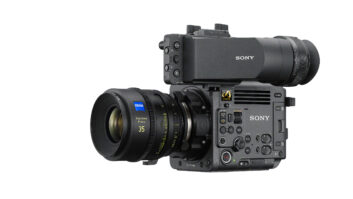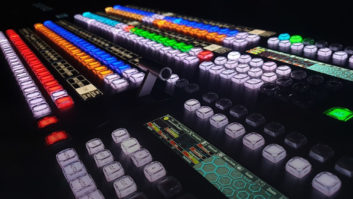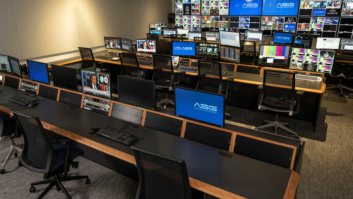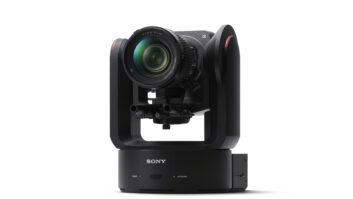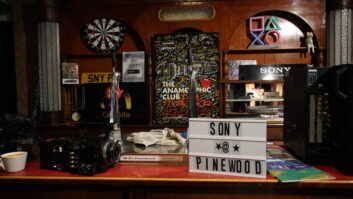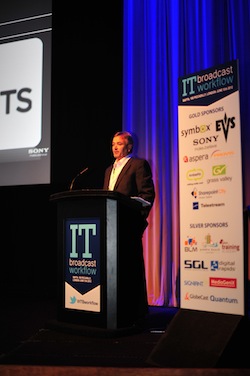
Sony America’s Fred Wood told last week’s IT Broadcast Workflow conference its Media Backbone Conductor is set to help NBC Sports Group deliver non-broadcast digital content to all platforms during London 2012 – potentially generating incremental revenue north of $100m. Fred Wood, Sony Professional America, told the BAFTA audience “The goal is to create an attractive and unique offering for consumers to drive traffic. NBC paid $4.4bn for the broadcast rights; they’re going to try to get some of it back through this project, north of $100 million revenue projected. “The challenge is to reduce the time to publish content, from hours in past Games to minutes this time on all the new platforms, with less people and less confusion — and to manage the cost base on a really tight timeline to an immovable start date!” Sony Europe’s Nick Smith said, “The challenge is to produce all of NBC Sports’ new media output for the next three Olympic Games [London, Russia and Brazil], everywhere but broadcast — all the new media outlets so to speak. Electronic sell thru, web, mobile, smartphone, tablet distribution etc. “The biggest change is you’ll see everything live online and we’ll have much more production around the clips we present. Much more content, more live content, and a much richer experience. “Our platform is Media Backbone Conductor [MBC], for workflow integration and orchestration,” said Smith. “It is concerned with integration of all the different silos and driving efficiency through the use of workflow. Ultimately we take a platform from a company called Software AG and tune it into dynamically managing the resources. This is a realtime industry and change is always going to be there and change is always last minute and it is always dynamic. “The big opportunity of this platform is visibility into systems and processes taking place at a business level, so that informed decsions can be made,” said Smith. According to Fred Wood, “there are complex editorial and distribution systems involved; they are connected, but they’re different. We need to talk intelligently to Avid MAM and doing craft based on Composers and cloud-based cut edits on ForScene quickly to YouTube. There’s Harmonic Rhozet for transcoding, MOG for conform, Aspera for file delivery and Deltratre for web publishing. “Each of those has their own metadata schemas. We need to aggregate and deliver everything. We need to provide alerts and visibility into workflows and third parties. “NBC are going to deliver 3000-5000 pieces of new media over the 17 days. Up to 200 finished pieces will be processed simultaneously each day,” said Wood. “In Beijing they used spreadsheets and a lot of blood sweat tears and pain. They had an army of people with desks and phones tracking media: where are the files and are they going to make it to their destination? “But the model of what they wanted to do started to materialise. At Vancouver they used an internally developed SOA solution with some automation. But there was still a major disconnect between production and publishing teams — and no realtime status of work orders. “That’s when they came to us. The solution? Metadata complexity. It’s workflow and integration orchestration, that’s what we do. “We started negotiations with NBC in June 2011. We told them if they signed by August we could do it. They signed in December! The hard part was the due diligence: then in April we started coding (which meant some of our guys didn’t get to go to NAB). On June 3 we installed at 30 Rock and we’re in testing now,” said Wood.

